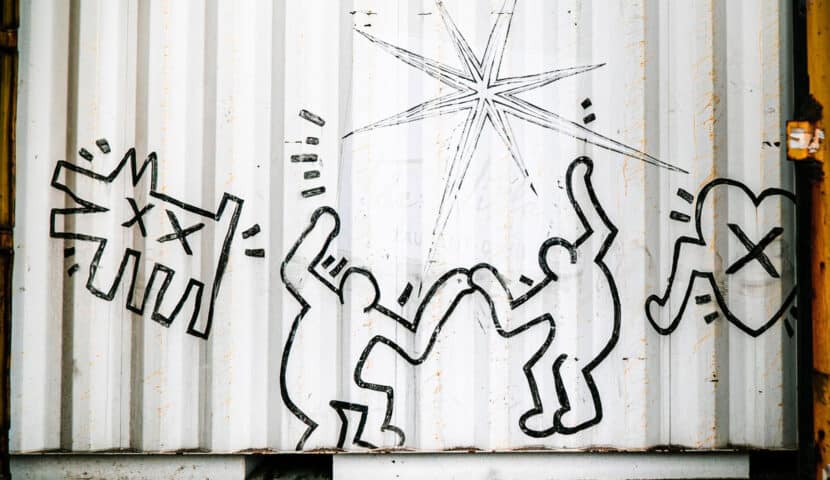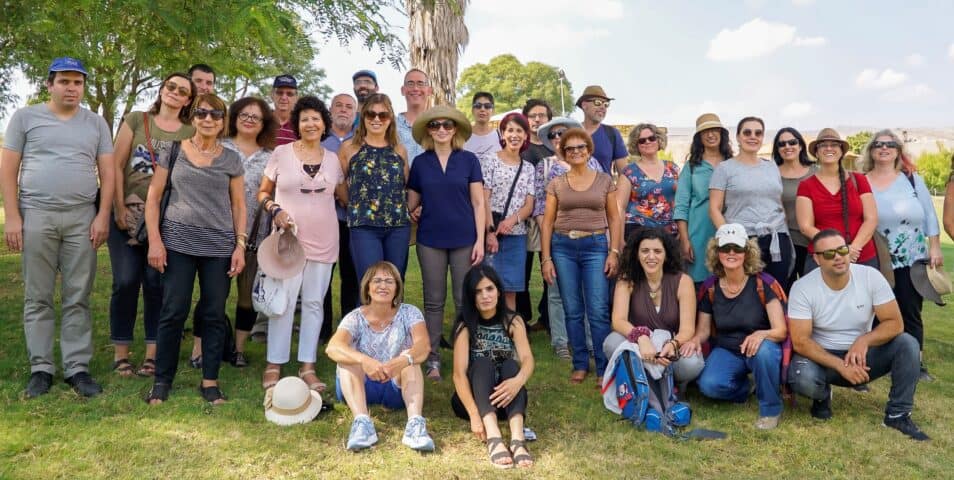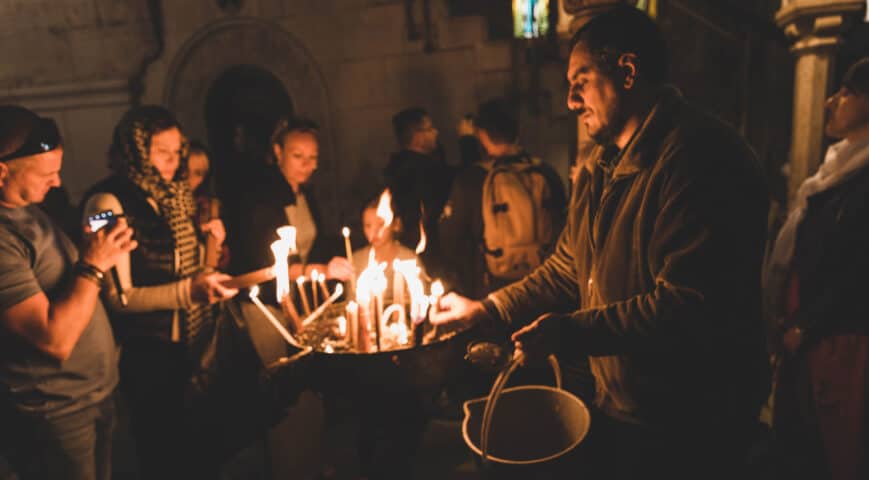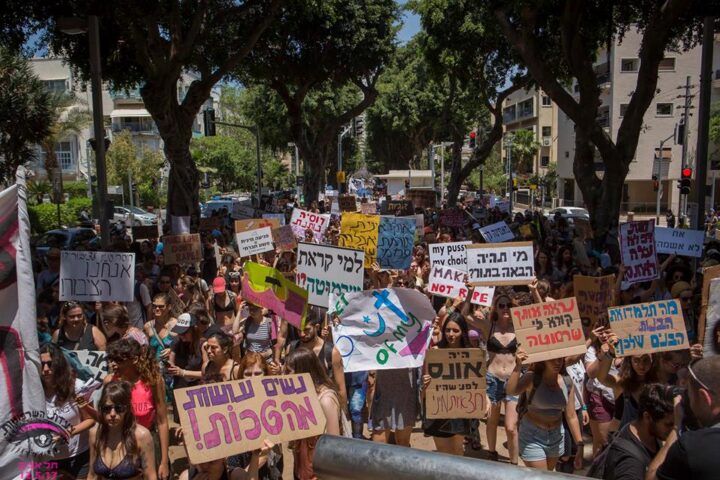What is the meaning of a postcapitalist world?
Shimon Adaf | 20.07.2023 | Photo: Unsplash
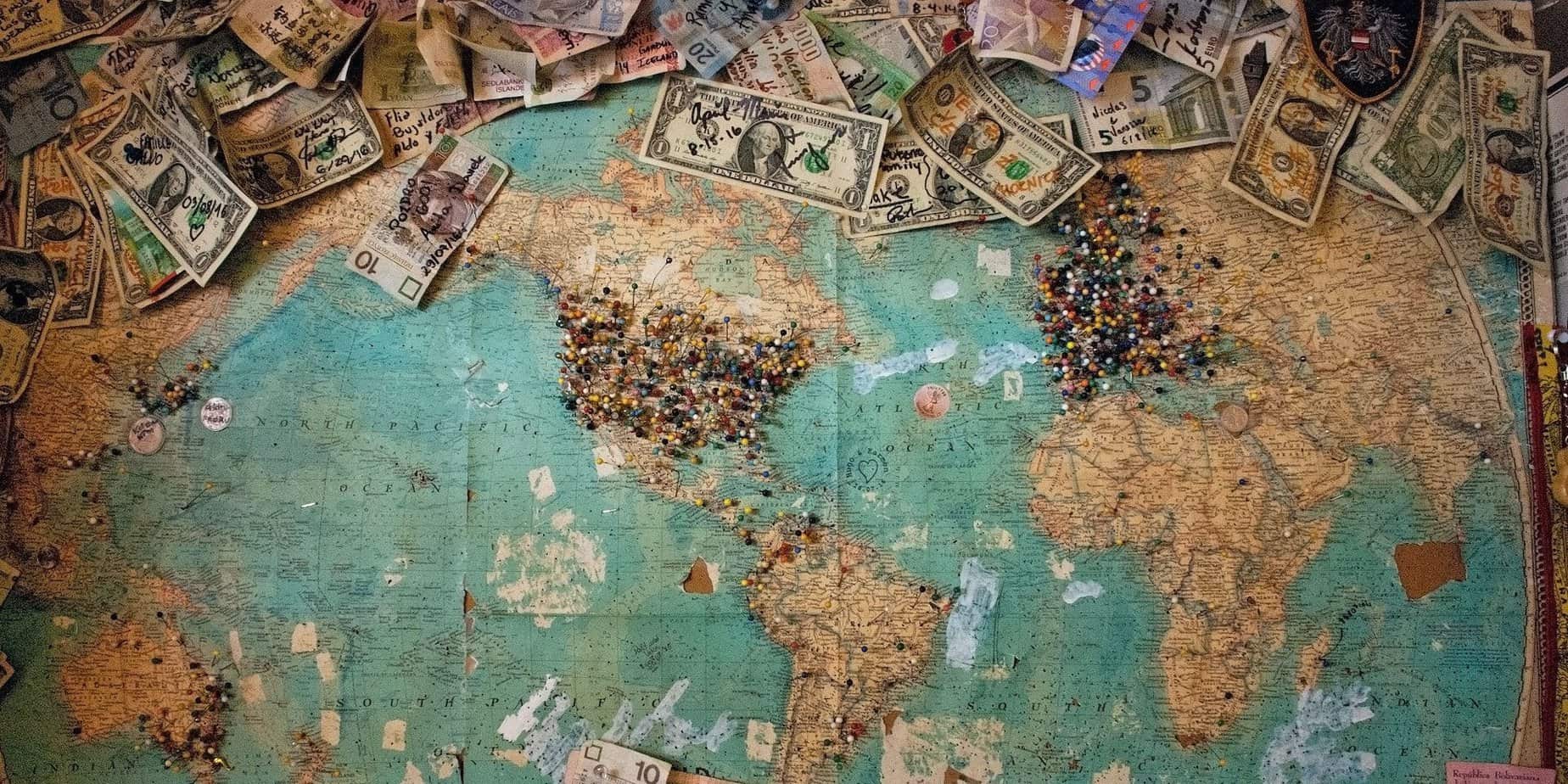
On a new world order and a new VLJI research group
In early 2021, at the end of the COVID-19 closures and the changes they generated in daily life and work routines, we gathered to draw up an outline of a postcapitalist reality, under the guidance of Dr. Kfir Cohen Lustig. Ours was one of the VLJI research groups devoted to the development of postcapitalist thought in general. It included four members, all authors, two women and two men: Michal Sapir, Tehila Hakimi, Assaf Gavron, and me. Our purpose in drawing up the outline was not necessarily to propose a model for an actual social-economic-political order, but rather to lay the groundwork for a literature whose plots would be set in the near future, a future liberated from the grinding mechanism of a relentless free-market economy.
But before embarking on creating the literature, we first had to clarify the basic concept of postcapitalism. It is one of those terms that at first generate wonder, not to say recoil and mistrust, regarding the possibility of being translated into an attainable way of life, but which on closer examination become vital and obvious. Its first and broad meaning is what it sounds like: an economic order that grows out of capitalism and succeeds it. But that does not mean that whatever economic order succeeds capitalism is “postcapitalist.” But in our discussion we selected a narrower meaning of the term: an economic order that relies on two central processes that arise from capitalism and hasten its end in favor of a more just and equitable socioeconomic order.
Alternatives to a slowly sinking world
The first process is technological acceleration that obviates broad swathes of human labor, either by physical mechanization or by digitatian and artificial intelligence. The sophistication of the means of production can, on the one hand, guarantee an affluent society, but on the other hand, it reduces the human resources needed to operate those means of production. At the same time, the efficacy and distribution of medical services have led to the extension of life expectancy and to an increase in the world’s population.
The second process is the climate crisis, the aggressive exploitation of natural resources in the name of the profit principle of global capitalism, the ecological disaster it has caused, the shrinking of livable areas, and the massive migration movements that have resulted.
It seems as if the only way to prepare for dealing with those processes is a sweeping separation between labor and the livelihoods of individuals in the new communities. Such separation would require the creation of new economic systems whose ultimate consideration would be environmental awareness rather than the profit principle, and a rethinking of political and national arrangements.
It was into these complicated questions that we delved happily, because what is more uplifting than contemplating better alternatives to a world slowly sinking into gloom and hatred and filling with signs of the apocalypse?
2066: Outlining a new reality
For a year we discussed the aspects of a planned post-capitalist reality in our region which we hope to live to see, in 2066, and the conditions and circumstances that would turn it from a tempting theory into a reality. We began with planning an alternative geopolitical system in our area, the Middle East, and its inevitable confederation and division into districts—sovereign community entities accountable to their umbrella government, the Council of the Middle Eastern Union.
From there we moved on to economic questions, the most central of which were: How would a basic universal wage be guaranteed to every member of the political entity? How would free housing be guaranteed to everyone who needs it? How would the forces of creativity and initiative not be suppressed even after they were freed from the trap of endless competition, the touchstone of capitalist existence?
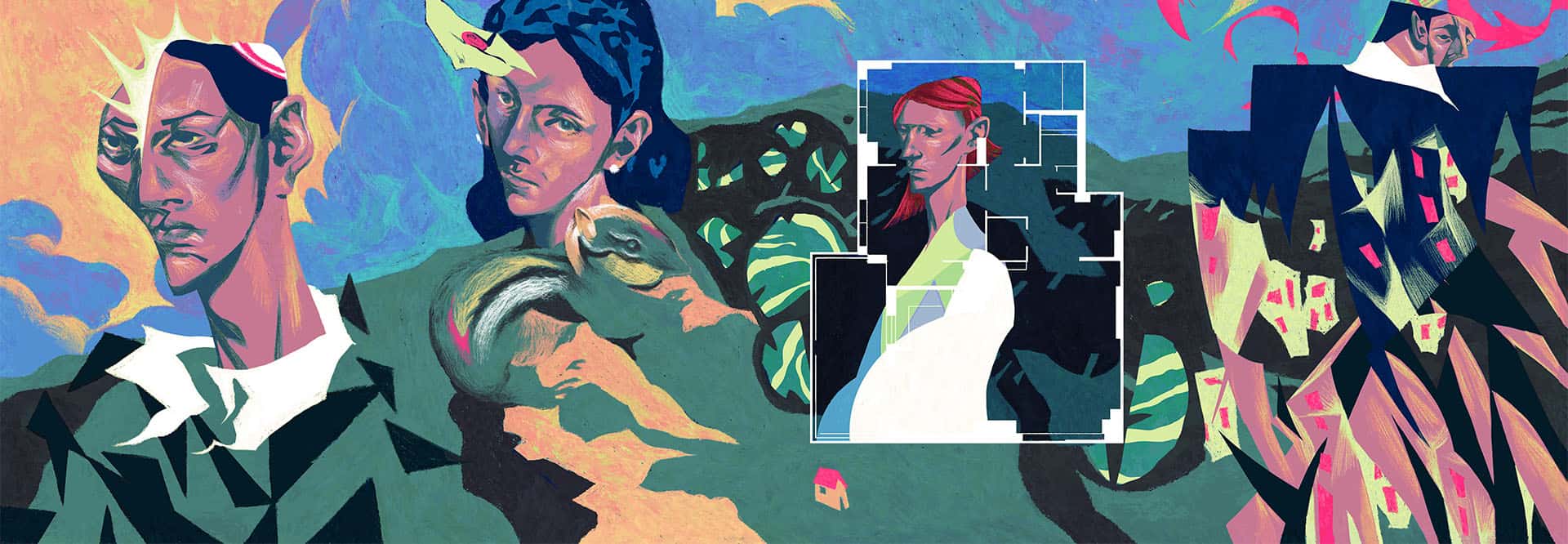
The answer we accepted was that this reality requires two economies: an infrastructure economy, in which the public's needs are determined by referendum, and the hours of labor needed to supply them are distributed equally among members of the political entity; and a private economy based on the capital and initiatives of the citizens of the political entity. There is a constant exchange between the two economies, the public and the personal. A private initiative that has been proven to be essential for meeting the group’s needs will become part of the infrastructure economy and will be funded by public resources, whereas elements of the infrastructure economy that turn out to be not essential will be privatized. Then we decided regarding the technological developments, whose embryonic versions we already use daily and which will likely be the basis for the functioning of the collective reality we devised.
Then we moved on to equally pressing deliberations regarding questions of family structure, identity, gender, religion, sexuality, human nature, and linguistic matters. Here we stopped, because we felt that with these questions our literary impulses kicked in, namely the urge to examine the questions not as abstractions but rather by translating them into living characters and tangible conflicts, and tracing the psychological and emotional consequences of those conflicts.
At this point we parted ways and returned to our separate existences. Each one of us set out alone to write a novella whose plot would be set in the shared reality, but at the center of which would be the questions that were most troubling to each one of us personally, even in our present existence, in keeping with our personal and unique tendencies and tastes. Unsurprisingly, all four of us chose to locate our stories in the Banks of Jordan area (Israel, Palestine, Jordan, and parts of present-day Lebanon and Syria).
It was also clear to all four of us that the purpose of our work was not to promote the postcapitalist idea and that we had no intention of turning it into a naïve utopia. We wanted our stories to function as speculative literature in every sense: to understand that parts of human nature will not change and that other parts are the result of education, living conditions, and human belief systems; and that we must be vigilant regarding the tense relations between the different parts, and in this vigilance we must intensify the actuality of an economic, social, and cultural reality whose basic assumptions are clearly different from the assumptions we have come to accept as inevitable.
In June 2023 a reading and discussion of the novellas was held at the Reading bookstore in Tel Aviv. The authors read sections of the novellas they wrote and talked about the work process, the connections, the mutual influences, the tensions between the group project and the individual writing, and their thoughts and feelings throughout the process. They also discussed the postcapitalist reality and the necessity of literature that seeks to create change in the world.
These are the books that grew out of the project: Memory Lapse by Shimon Adaf; Cement (Hamelet) by Assaf Gavron; Watermelon Patch by Tehila Hakimi; Ongoing Struggle by Michal Sapir. All are available for purchase on the website.

